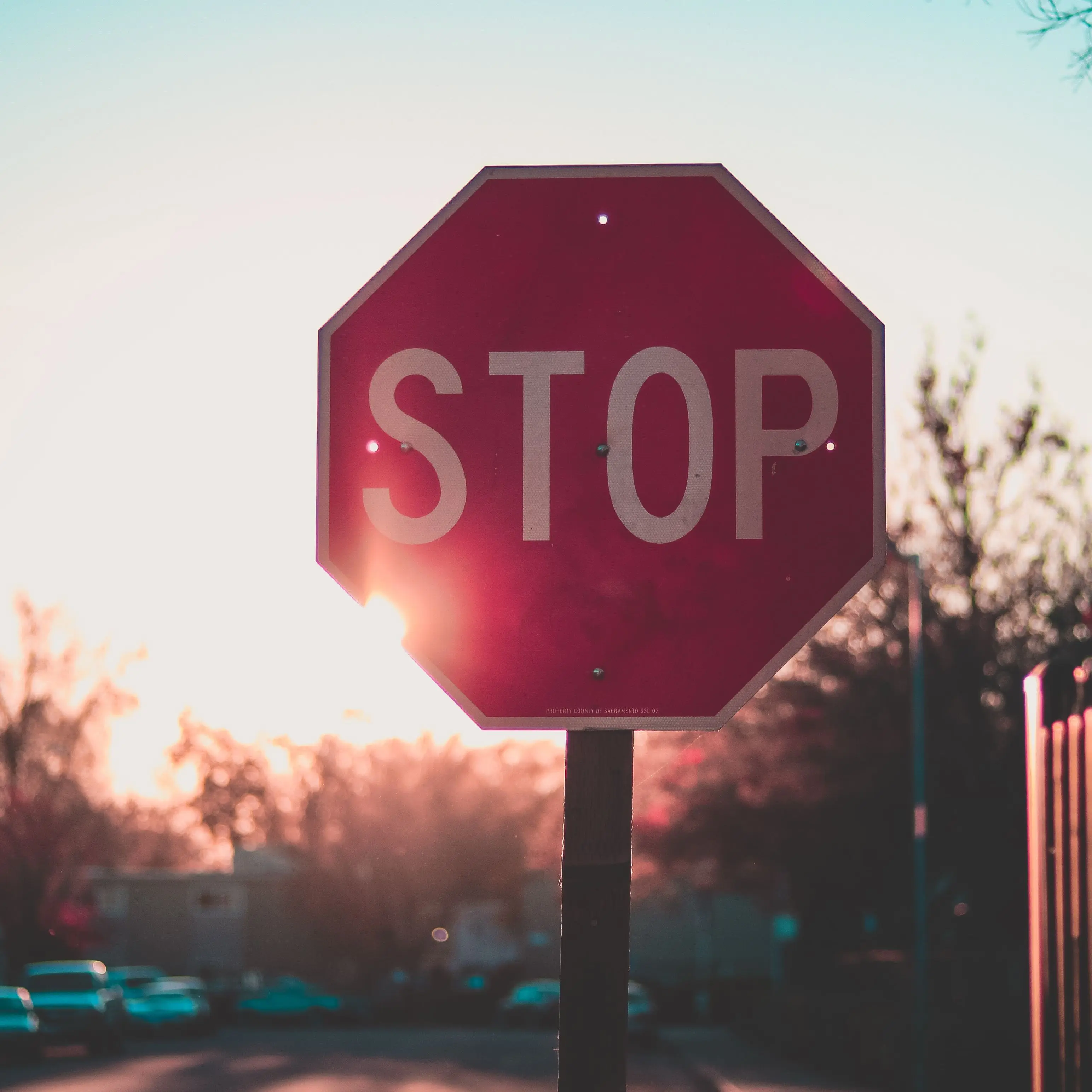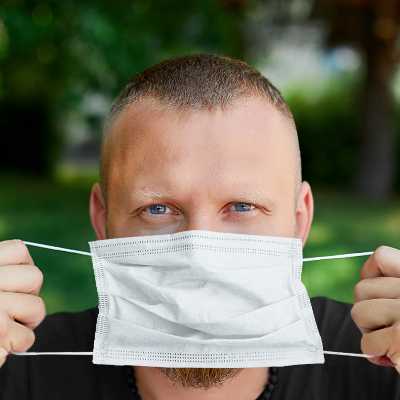When picturing a person who has a problematic relationship with alcohol, most people think of a long-term addict that cannot function without their daily tipple. In reality, one in 13 Americans has a damaging relationship with drink while only a small percentage fit the stereotype of a drunk. The good news is that most people who display negative attributes do not need to quit drinking altogether, they simply need to establish healthier habits by reducing their alcohol consumption.
If you think that you could probably benefit from reducing the volume or frequency of alcohol consumption, there’s a strong probability that your gut instincts are right. Nonetheless, it’s wise to familiarize yourself with the common signs that your drinking is out of control and should be reined in.
Drinking negatively impacts your goals and relationships
Millions of people think that they enjoy alcohol responsibly because the direct impacts during their social activities are exclusively positive. In reality, the problems associated with drinking often surface in the days following a drinking session. Some examples include;
-
Hangovers reduce your productivity at work - costing the country $179bn per year,
-
Drinking changes your personality to damage friendships and relationships,
-
Bodily changes and discomfort stop you from unlocking your potential.
It is shown that 36% of drinkers state that hangovers put a dampener on their celebrations throughout the holiday season. This stat alone underlines how a problematic relationship with alcohol can harm your overall quality of life even when the drinking session itself is improved by the presence of booze. If alcohol has made you unhappy or indirectly stopped you from pursuing other life aspirations, it is probably a good idea to reduce your intake. This needn’t mean that you completely quit but may mean avoiding heavy sessions before big moments in your career or personal life.
You don’t honestly know how much or regularly you drink
It is impossible to maintain control over your relationship with alcohol when you are unaware of how much alcohol you actually consume. A binge is considered as anything over 4 units (5 for men) of alcohol within a two-hour stint. For reference, a single unit is defined as either;
-
12 oz of beer with 5% alcohol,
-
5 oz of wine with 12% alcohol,
-
Or 1.5 oz of spirits with 40% alcohol.
Millions of drinkers kid themselves about how much alcohol they consume. However, admitting the true severity of your drinking is often the first step to regaining control. One of the most effective ways to gain a clear indication of your alcohol consumption levels is to actively track your drinks. The right app allows you to actively spot potentially harmful trends before making any necessary lifestyle adjustments to establish a healthier relationship with alcohol - such as setting a goal to go X amount of days without drinking or to avoid surpassing a certain limit on your next night out.
Drinking has caused financial difficulties
According to the Bureau of Labor Statistics' 2019 Consumer Expenditure Survey data (as per Yahoo Finance), the average American drinker spends $579 on alcohol each year. However, the indirect costs of drinking are far higher due to issues like;
-
Entrance fees to venues and taxi fares,
-
Cost of hangover medications
-
The cost of cigarettes.
It should also be noted that many of the issues are closely linked, which can exacerbate the costs. For example, smoking can negate the effects of alcohol, which then leads you to drink more. It is commonly accepted that alcohol consumption can lead you to bad decisions or irresponsible behavior, especially in relation to financial management. Setting limits that align with your financial status and other responsibilities will go a long way to building a better relationship with alcohol. After all, spending money on alcohol when you should have paid bills or got the car fixed will fill you with immense guilt.
Drinking has put your health at risk
Studies show that around one-in-three road deaths are linked to alcohol. If you have driven while under the influence, even just once, you may want to reconsider your relationship with alcohol. However, accidents aren’t the only proposed health risks. You may experience;
-
Obesity and blood pressure issues,
-
Insomnia and other sleep disorders,
-
Anxiety and mental health issues.
The harsh reality is that alcohol is often responsible for symptoms of ill health, both physically and mentally, even if it’s only by making them worse. The World Health Organization warns that there are causal links between drinking and infectious diseases such as tuberculosis, as well as mental and behavioral disorders, other noncommunicable conditions, and physical injuries. This is in addition to the universally known problems for the liver and other organs. If you have noticed a decline in your health as a result of your drinking, it is time to think about reducing your consumption.
You have lost your interest in other hobbies
Alcohol can enhance a wide range of social activities. However, a lot of people develop unhealthy relationships with alcohol when they turn their back on other activities. Alcohol takes close to 100,000 lives each year. Even without hitting this severity, you may;
-
Lose valuable friendships due to being withdrawn from non-drinking activities,
-
Lose a sense of your personal identity due to dropped hobbies,
-
See your sense of balance in life significantly reduced.
Once again, the vast majority of drinkers are simply looking to cut back on drinking rather than go sober. While it may include a temporary detox, the key is to focus on restoring balance in your life. Finding fitness-based hobbies, artistic endeavors, and other activities that do not rely on alcohol will help you realize that there is more to life than alcohol-related activities. Furthermore, most people find that cutting back on the frequency can make future social events involving alcohol feel even more enjoyable.
A better relationship with alcohol is truly the key to a healthier and happier life. Frankly, that’s the least that anyone deserves. If you are committed to the cause, you will notice the improvements to your life in next to no time.

